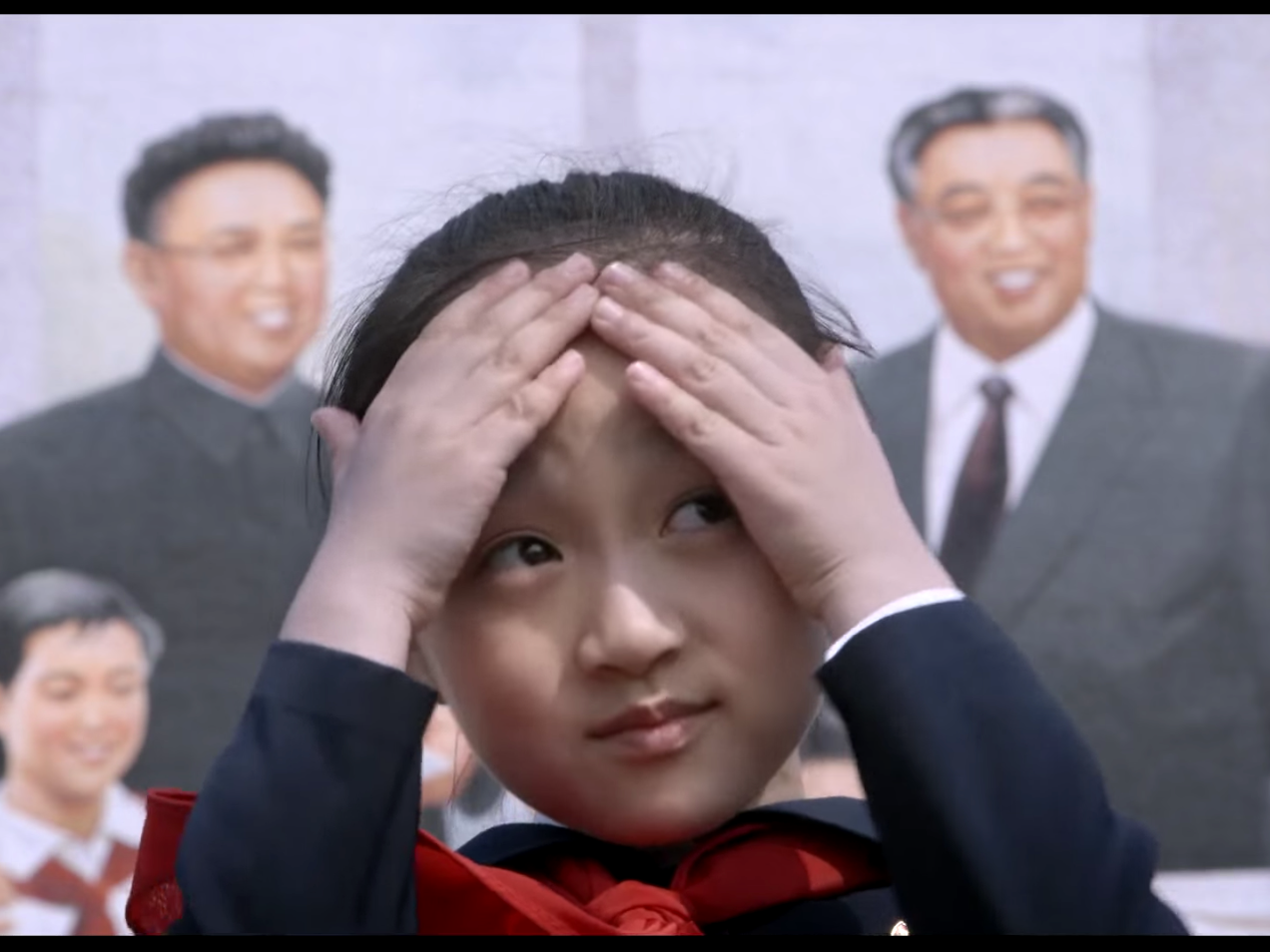If you feel like you want to binge on some Netflix documentaries but broaden your knowledge of politics at the same time, we’ve got you covered.
Netflix has an array of political documentary shows and films – many of which are among some of the best ever made.
The documentaries on the platform will sharpen your wit about everything from life inside North Korea and how President Donald Trump rose to power, to the politics of high-powered corporate greed and corruption.
Here are the 13 best documentaries about politics streaming on Netflix right now:
"13th" (2016)
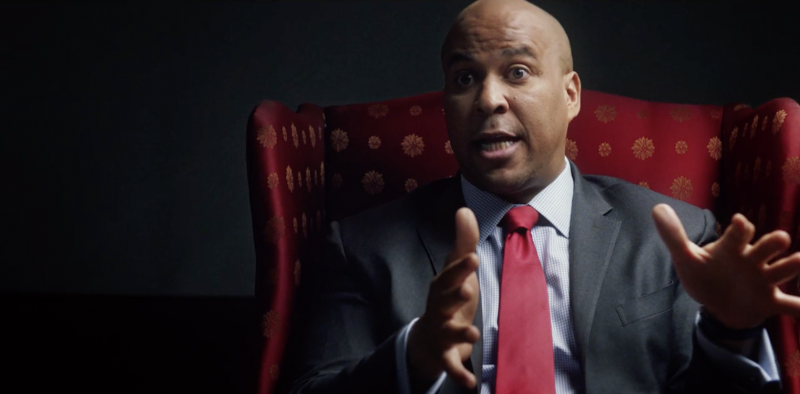
What it's about: At the end of the Civil War in 1865, the 13th amendment officially abolished slavery - but there was a catch. People who had committed a crime could theoretically be enslaved as part of their punishment. "13th" is a stunning documentary that explores the implications of this in the modern American penal system, building on the work of scholars like Michelle Alexander who wrote the landmark book on modern-day segregation in the criminal justice system, "The New Jim Crow." "13th" paints a vivid and disturbing picture of modern American institutionalized racism, and does so with testimony from those who found themselves caught in the system.
Why you should see it: The film tackles a broad issue, but presents compelling details, stories, and historical examples that help drive its grim point home. Although institutional racism easily fades from the national discourse, "13th" is important simply because it reminds us of the struggle African Americans still face every day.
"Dirty Money" (2018)
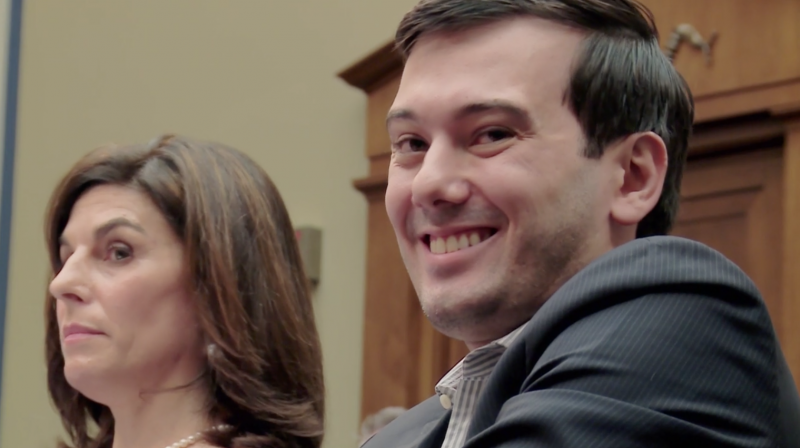
What it's about: "Dirty Money" is a TV show all about corruption, corporate fraud, and the ways banks, companies, and individuals contribute to illicit activities around the world. From infamous pharmaceutical CEO Martin Shkreli's antics to bank-financed drug and terror operations, this documentary series dives into a number of high-profile and disturbing financial crimes.
Why you should see it: This series educates viewers about how US law makes white collar crime possible, but feels like an action movie. At a time when government and business ethics are under renewed scrutiny, "Dirty Money" is an important watch for anyone hoping to understand the vast world of institutional corruption.
"Get Me Roger Stone" (2017)
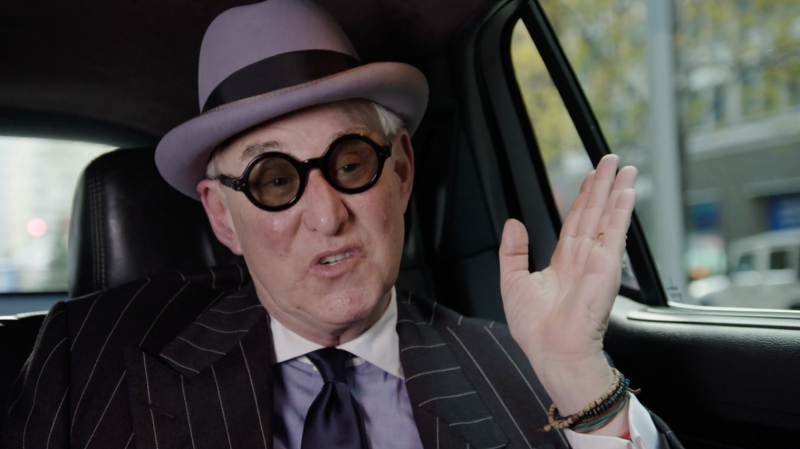
What it's about: On the surface, this film is about Roger Stone, Trump's former political adviser who left the campaign in 2015. But it's about so much more - Trump's rise to power, Washington's political culture, and America's pivot to a post-truth existence. "Get Me Roger Stone" features interviews with Stone himself, Trump's former campaign manager Paul Manafort, Fox News host Tucker Carlson, and many others. It offers a stunning look at how one man's career helped create Trump, the politician.
Why you should see it: This film is essential viewing if you hope to understand the transformative politics of the 2016 election and the central role Stone played in setting the stage for it. It is also wildly entertaining - Stone is a compelling if frustrating anti-hero, who lights up the screen with witty, cynical banter.
"Last Men in Aleppo" (2017)
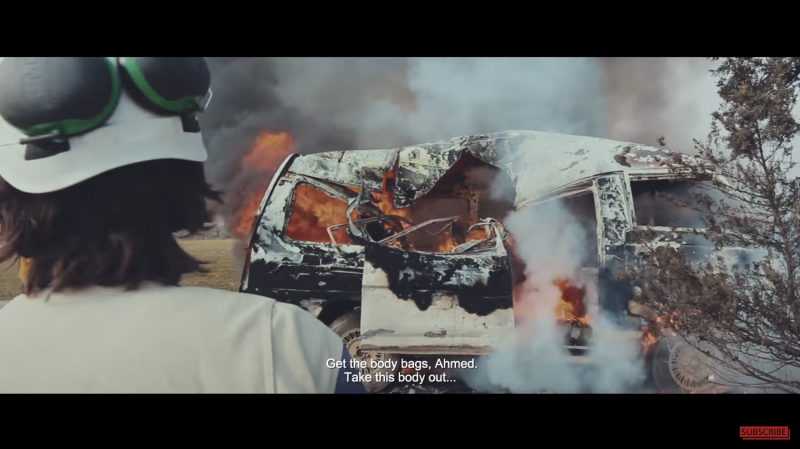
What it's about: This powerful film documents the daily lives and work of the White Helmets brigade, first responders operating in Aleppo at the height of the Syrian Civil War. As a war documentary, the film is beautifully shot, and puts the viewer right in the center of the war's devastation - at times uncomfortably so. Unlike many documentaries about the Syrian War, it isn't simply a cry for help, although it is often heartbreaking; it is simultaneously triumphant, tortured, and ambitious, telling a multitude of personal stories amid a frightening level of real-life violence.
Why you should see it: This film qualifies the dreadful imagery that flooded the news during the siege of Aleppo, and turns the focus to the people working around the clock to save the lives of their friends, family, and neighbors. Although the film is entirely in Syrian Arabic with subtitles, it is an emotional watch, and not just because of the doom and gloom of warfare. The cinematography is what really makes this incredible film stand out.
"Under the Sun" (2015)
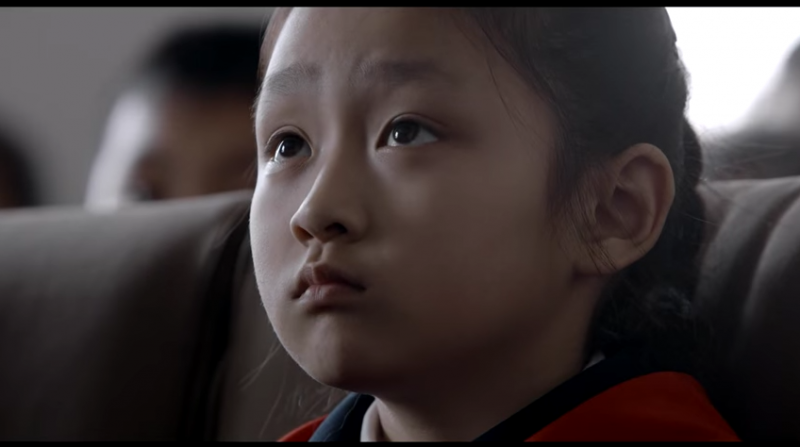
What it's about: Filmmaker Vitaly Mansky was able to go under the noses of North Korea's censors because he promised to make a positive film about the country. The result was "Under the Sun," a depressing yet deeply human documentary about a girl and her family's life in the Hermit Kingdom. It reveals details of everyday life that few other reports have been able to unearth, and presents the paradoxes and struggles of North Koreans in an intimate and beautiful way.
Why you should see it: While there's been lots of reporting on North Korean life over the last couple of years, few documentaries about the country have been able to capture individuals' stories in the way "Under the Sun" does. For a touching and troublingly real picture of modern North Korea, look no further.
"Capitalism: A Love Story" (2009)
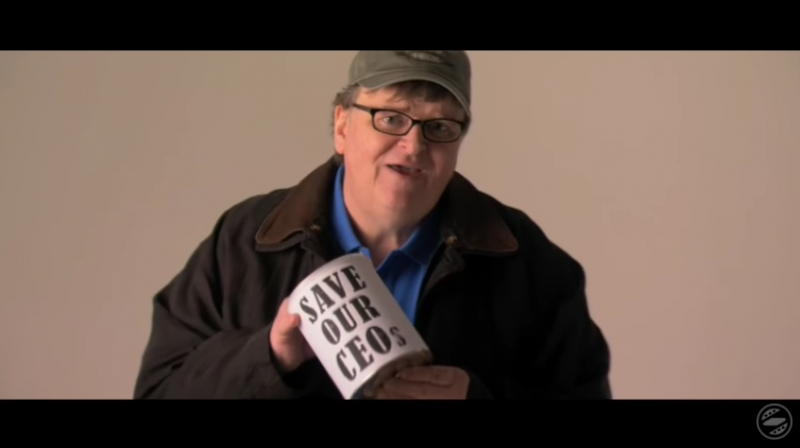
What it's about: This is filmmaker Michael Moore's answer to the 2008 financial crash. In his own quirky and direct style, Moore shows how and why the stock market crashed and dragged the US, and much of the world, into the deepest global economic downturn since the Great Depression. He blames Wall Street and Capitol Hill, and the film documents him confronting everyone from bankers and sitting politicians to everyday Americans about the gaping problems that led to the crash - and why its causes run deep into America's love affair with capitalism.
Why you should see it: It's been a decade since the epic financial collapse, but while Moore's approach can seem sensationalist at times, he presents facts in an engaging and accessible way. He also maps the problems of 2008 onto the deeper issues within American political society. While the causes of the crash have been examined many times over, unfortunately, many of them continue to plague the American financial and political systems today.
"Mitt" (2014)
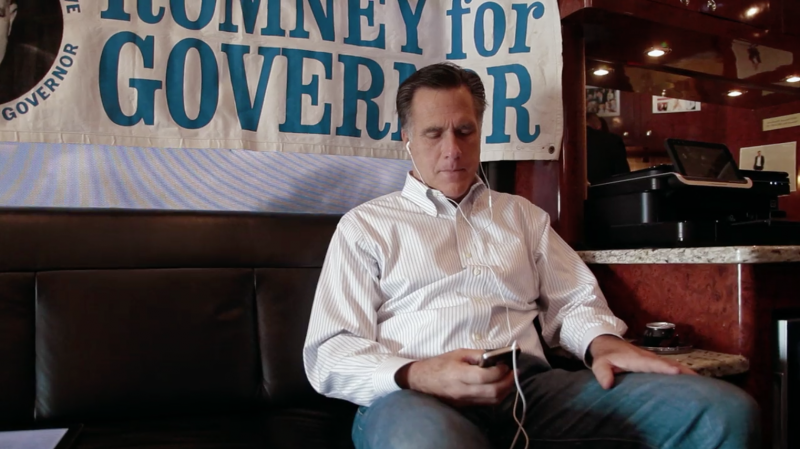
What it's about: An ambitious documentary in both scope and subject matter, "Mitt" is the result of filmmaker Greg Whiteley following around former Massachusetts Gov. Mitt Romney for six years, through both of his failed runs for president in 2008 and 2012. It is a deeply personal film, depicting Romney's personal ruminations during his campaigns, his family life during the hectic election cycles, and his wife's struggles with multiple sclerosis at the height of Romney's political life.
Why you should see it: Romney in many ways represents the Republican Party as it existed before Trump, and "Mitt" paints an intimate picture of his world. But even after the defeats presented in this film, Romney looks like he'll be back at it again - this time as a Senate candidate. "Mitt" is a crucial and remarkably in-depth look at Romney the man, and is essential for understanding the brand of American conservatism he represents.
"Dirty Wars" (2013)
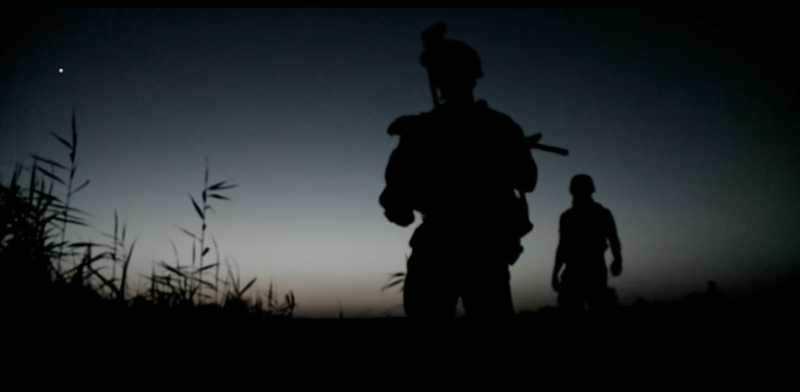
What it's about: Written by The Intercept's Jeremy Scahill, "Dirty Wars" is an investigation into America's controversial extrajudicial military operations around the world. It focuses on US anti-terror efforts in places like Afghanistan, Yemen, and Somalia, and picks apart the kinds of covert raids that killed Muslim preacher Anwar al-Awlaki in 2011. Stunningly comprehensive, "Dirty Wars" casts a light on a world that much of the US government continues to deny exists.
Why you should see it: "Dirty Wars" explores a topic that has appeared in headlines from time to time, but connects the dots and speaks to people directly involved on either end of these covert operations. Scahill's investigative journalism is enthralling and illustrative, and is essential for anyone who hopes to understand how US military actions work in the ongoing War on Terror.
"Welcome to Leith" (2015)
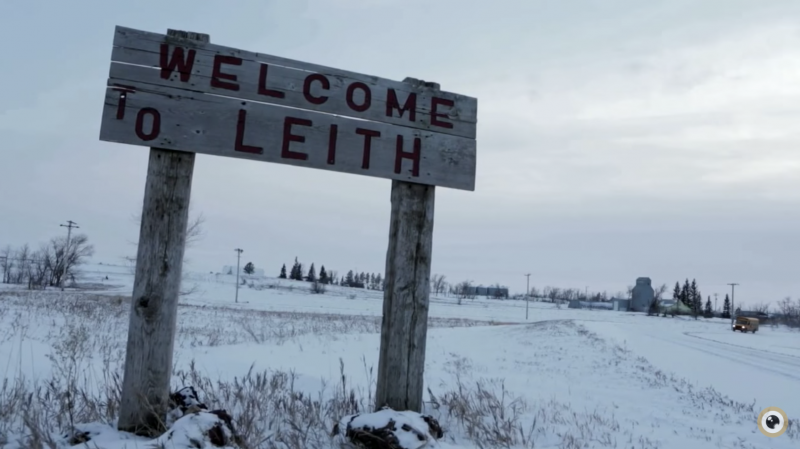
What it's about: "Welcome to Leith" is a horrifying yet important film about the attempted takeover of a small North Dakota town in 2012 by a group of neo-Nazis, who moved there in order to try to outnumber the locals and create a white nationalist enclave. The film is definitely very bleak, and lets the facts and images onscreen speak for themselves. It presents an amoral reality in which raw power often trumps the law and human decency, and makes for an engrossing dystopian documentary.
Why you should see it: Shot before the right-wing swell in the US of the last several years, "Welcome to Leith" presents a vision of America that seemed otherworldly in 2015 when the film was made, but has become uncomfortably familiar in the years since. If you want to get an unadulterated glimpse into the politics of the extreme far-right, look no further.
"Weiner" (2016)
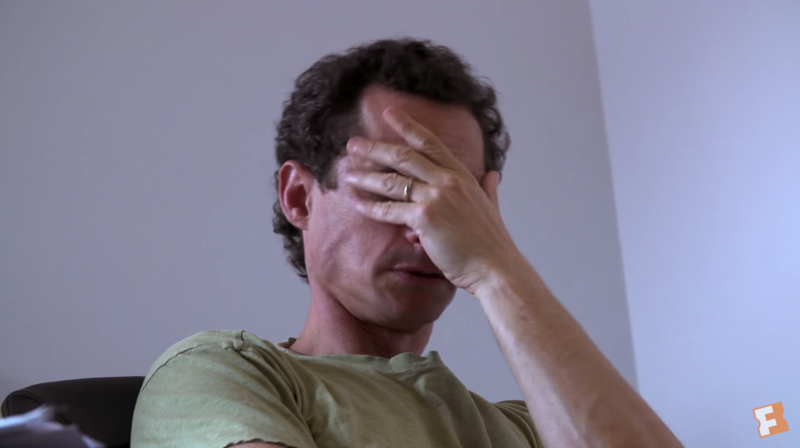
What it's about: As the name implies, this is a film about former Democratic New York Rep. Anthony Weiner's dramatic fall from grace during his run for mayor of New York City in 2013. Weiner, who had already resigned from Congress in 2011 after sending illicit pictures to women outside of his marriage, came under fire for sending pictures again in 2013. "Weiner" documents the consequences of this second episode, and is sometimes funny, sometimes humanizing, but mostly just really, really sad.
Why you should see it: This film shows Weiner in all of his bombastic, deeply flawed glory. The second-hand embarrassment the viewer feels for Weiner throughout the film is worth a watch alone, and is made all the more disturbing knowing that Weiner only truly hit rock bottom after the movie's conclusion. In 2016, he sent sexually explicit texts for a third time - to a minor.
"Nobody Speaks: Trials of the Free Press" (2017)

What it's about: "Nobody Speaks" starts off as a film about wrestler Hulk Hogan's infamous lawsuit against Gawker following their publication of his sex tape, but slowly broadens to include Silicon Valley entrepreneur Peter Thiel's, Trump's, and billionaire investor Sheldon Adelson's efforts to tamp down the freedom of the press through libel laws. The documentary asks compelling and vital questions, and looks at them through the lens of today's political landscape.
Why you should see it: This film, like any good documentary, puts a complex story together and tells it in an entertaining and informative way. By putting Hogan's lawsuit against the backdrop of Trump's campaign and electoral win years later, "Nobody Speaks" will shake you, and make you look at the enmity between the press and power like never before.
"Virunga" (2014)
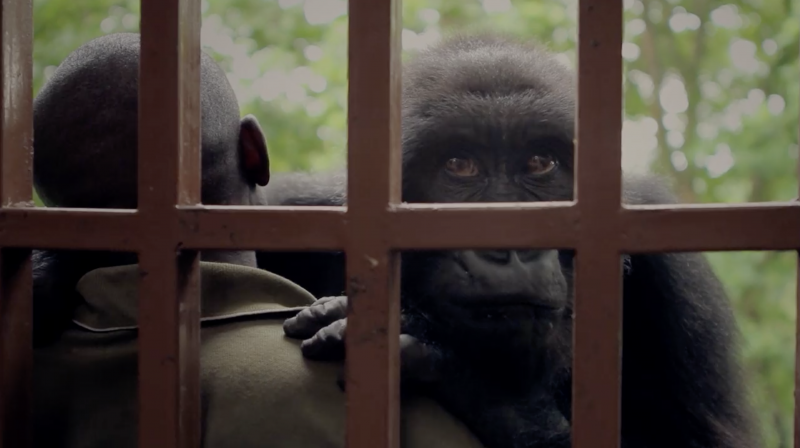
What it's about: This impactful documentary tells the story of one of Africa's most famous - and most threatened - national wildlife areas, Virunga National Park in the Democratic Republic of the Congo. It is a story of hope, loss, and love that shows how the stunningly beautiful national park and its gorillas are endangered by war, politics, and capitalism itself as oil companies and guerilla fighters close in.
Why you should see it: The characters, animal and human, coupled with the beautiful cinematography and gripping subject matter make this film a moving and memorable experience to behold. This film isn't just one of the most captivating conservation documentaries every made - it also had an enormous real-world impact on the situation in Virunga itself, and indirectly led to the corporation in the film abandoning its efforts to explore for oil on the park's grounds. For this alone, this documentary is worth a watch.
"Best of Enemies" (2015)
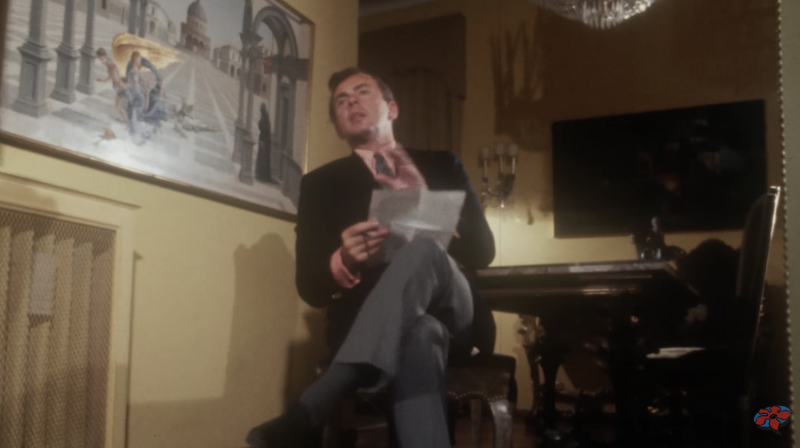
What it's about: This documentary is about a meeting of two individuals, political commentator William F. Buckley Jr. and writer Gore Vidal, who represented two radically different views of American politics and culture at the height of the turbulent 1960s. The settings are the Republican and Democratic National Conventions during that year's presidential election, and the film zeroes in on the series of fiery debates the two held together that election cycle.
Why you should see it: "Best of Enemies" is a witty, banter-filled examination of the beginnings of partisan punditry in the US. Buckley and Vidal's personalities, coupled with interviews from some big names like author Christopher Hitchens, truly make this idiosyncratic documentary stand out.

